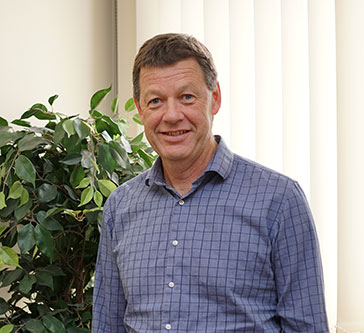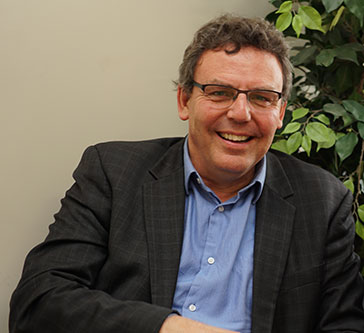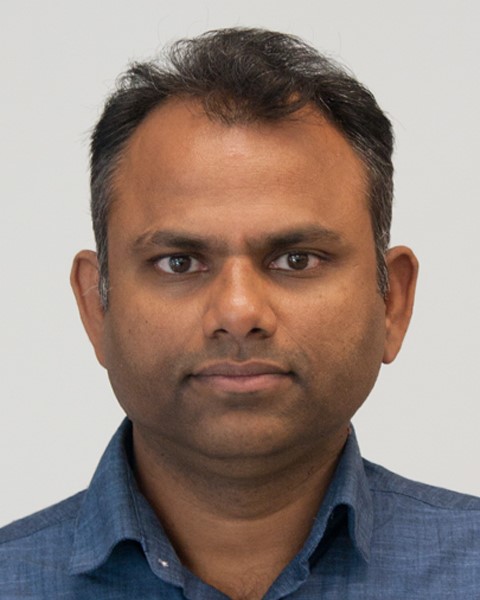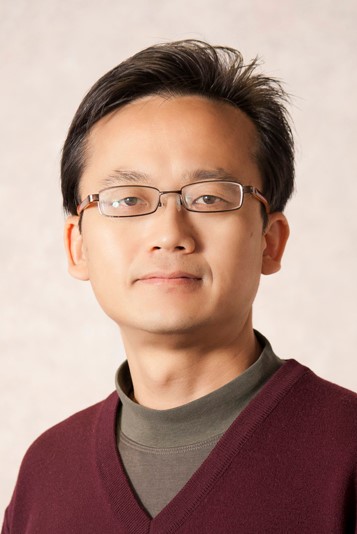Brai3n's research philosophy closely follows Albert Einstein’s philosophy:
“The grand aim of all science is to cover the greatest number of empirical facts by logical deduction from the smallest number of hypotheses or axioms”
Thus its philosophy is to develop novel neuromodulation treatments by investigating the common neurophysiological mechanisms that cluster into groups of pathologies, namely the thalamocortical dysrhythmias (tinnitus, pain, slow wave epilepsy, Parkinson’s disease and depression) and reward deficiency syndromes (obesity, addiction, OCD).
A new line of research will aim to develop new neuromodulation techniques for the study and treatment of disorders of global and self-consciousness, as a logical extension of the work on sensory consciousness (phantom percepts).
The scope and extent of the research program of Brai3n is both its weakness and strength. Success can only be guaranteed by an extensive collaboration with basic neuroscience researchers, engineers, functional neuroimaging experts and clinicians from non-neurosurgical fields.
In addition, close contact with neurophilosophers, both in Belgium and Dunedin, and moral philosophers will help to guide the translation of the accumulated basic neuroscientific data into novel clinical applications.
BRAI3N is an international research group that follows the same philosophy and has the same mission. The same research techniques, the same software (WinEEG, sLORETA,…) and hardware (EEG, tES etc), the same normative databases and the same methodology will be used so that data are comparable and can be pooled if necessary. In order to be complementary each partner is focusing on a specific part of the common research topics: Ghent, Belgium performs open label clinical trials both invasive and non-invasive, Dunedin, New Zealand predominantly placebo controlled non-invasive advanced neuromodulation trials and Dublin, Ireland experimental small group trials and group data analyses. Bonn, Germany performs invasive neuromodulation trials and Seoul, Korea controlled clinical trials, both on cochlear implants and non-invasive neuromodulation.
All centers will continue to focus on tinnitus, but each center will also add other pathology from the same 2 groups of pathologies (thalamocortical dysrhythmia and reward deficiency): Ghent pain (fibromyalgia, whiplash and neuropathic pain) and depression, PTSD, Dunedin reward deficiency pathology (obesity, addiction) as well as cognitive decline and stroke and Dublin hearing loss, stroke, traumatic brain injury and cognitive decline. Seoul, hearing loss and hyperacusis, and Bonn depression and movement disorders.











